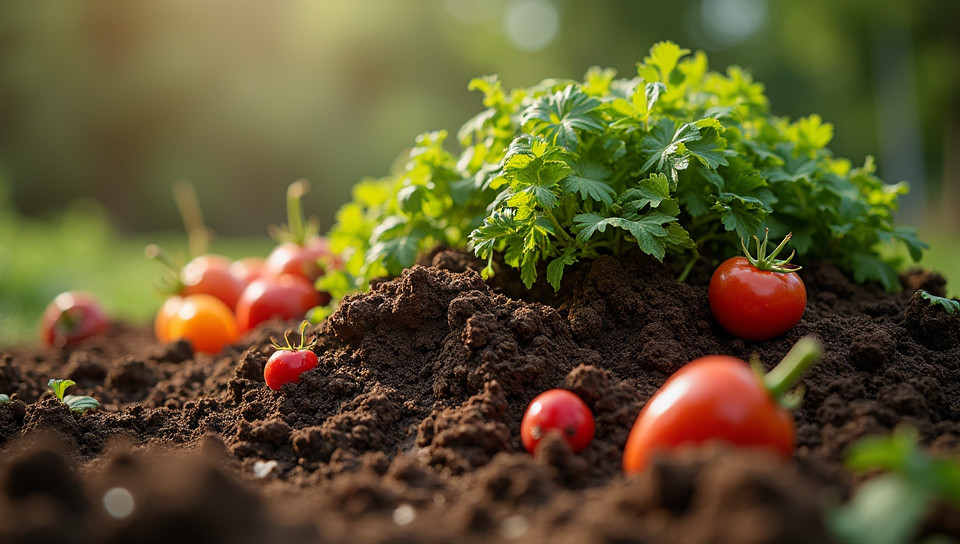Food scraps decompose easily in compost piles 94%

The Magic of Composting: Turning Food Scraps into Nutrient-Rich Soil
As we strive to reduce our environmental footprint, composting has emerged as a simple yet effective way to minimize waste and create a more sustainable lifestyle. At its core, composting is the process of breaking down organic materials like food scraps, leaves, and grass clippings into a nutrient-rich soil amendment that can be used to fertilize plants. But did you know that food scraps are some of the easiest materials to decompose in a compost pile?
The Benefits of Composting Food Scraps
Composting food scraps offers numerous benefits for both the environment and your garden. Here are just a few:
- Reduces greenhouse gas emissions by minimizing waste sent to landfills
- Creates a nutrient-rich soil amendment that promotes healthy plant growth
- Saves money on fertilizers and other gardening supplies
- Helps to conserve water by improving soil's ability to retain moisture
How Food Scraps Decompose in Compost Piles
Food scraps decompose easily in compost piles due to their high carbon-to-nitrogen ratio. This means that they are readily available for microorganisms like bacteria and fungi to break down into a stable, humus-like material. In fact, food scraps can account for up to 30% of the materials used in a compost pile.
Tips for Composting Food Scraps
Composting food scraps is easier than you think. Here are some tips to get you started:
- Start small by collecting food scraps in a designated container
- Balance your food scraps with carbon-rich materials like leaves or shredded newspaper
- Maintain a mix of "green" (nitrogen-rich) and "brown" (carbon-rich) materials in your compost pile
- Monitor temperature, moisture, and odors to ensure optimal decomposition
Conclusion
Composting food scraps is a simple yet effective way to reduce waste and create a nutrient-rich soil amendment. By following these tips and understanding the benefits of composting, you can join the thousands of households and businesses that are already making a positive impact on the environment through composting. So why not give it a try? Start small, be patient, and watch as your food scraps transform into a valuable resource for your garden.
- Created by: Adriana Gonçalves
- Created at: Jan. 18, 2025, 11:46 a.m.
- ID: 18093

